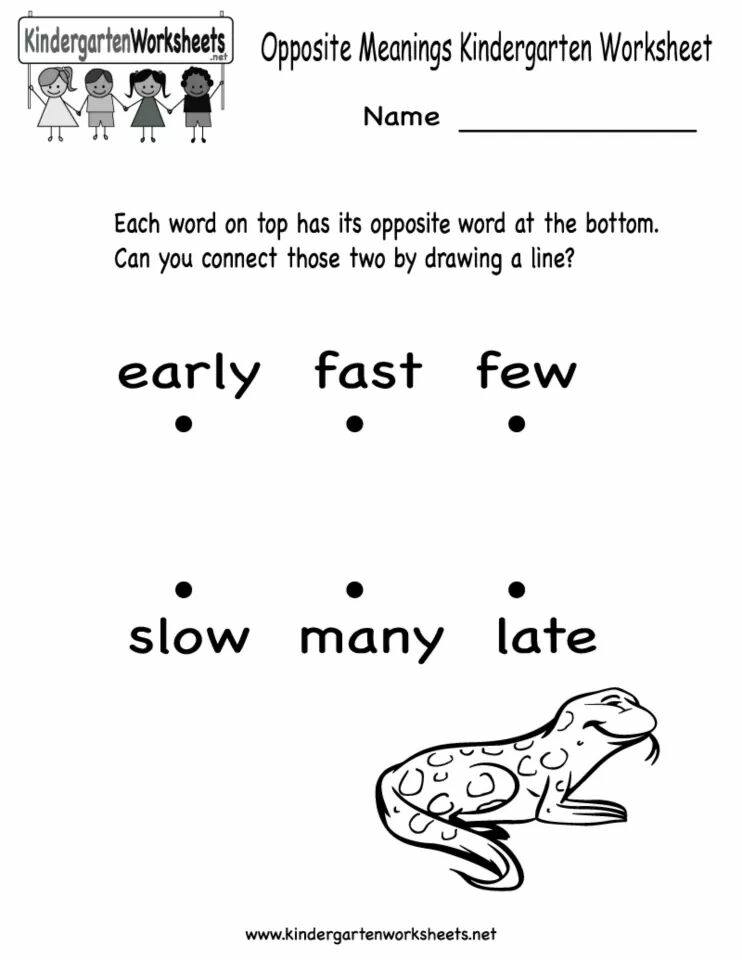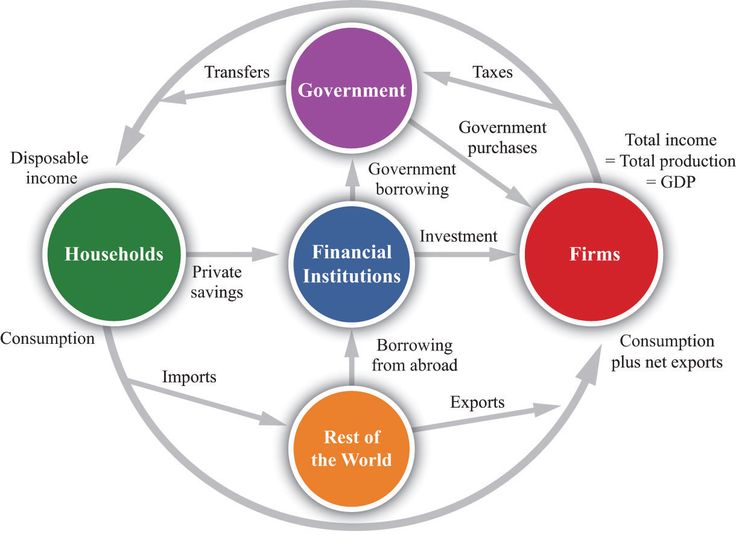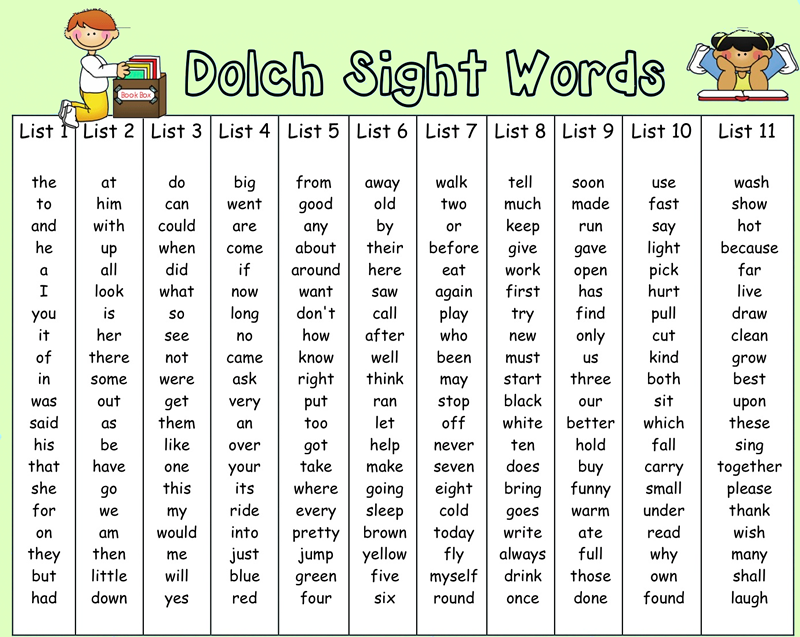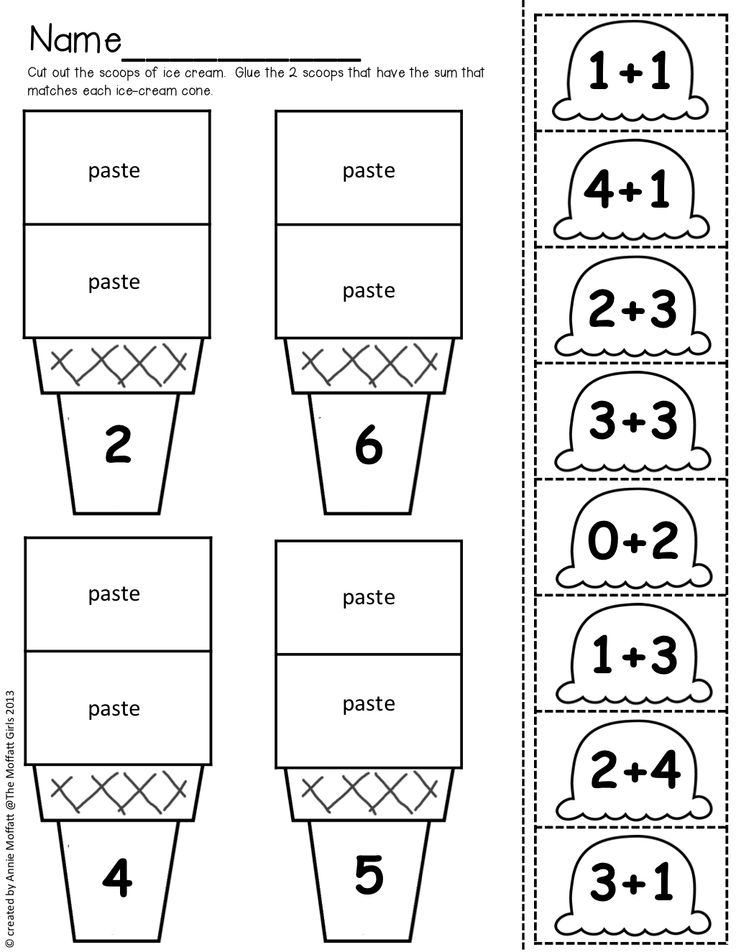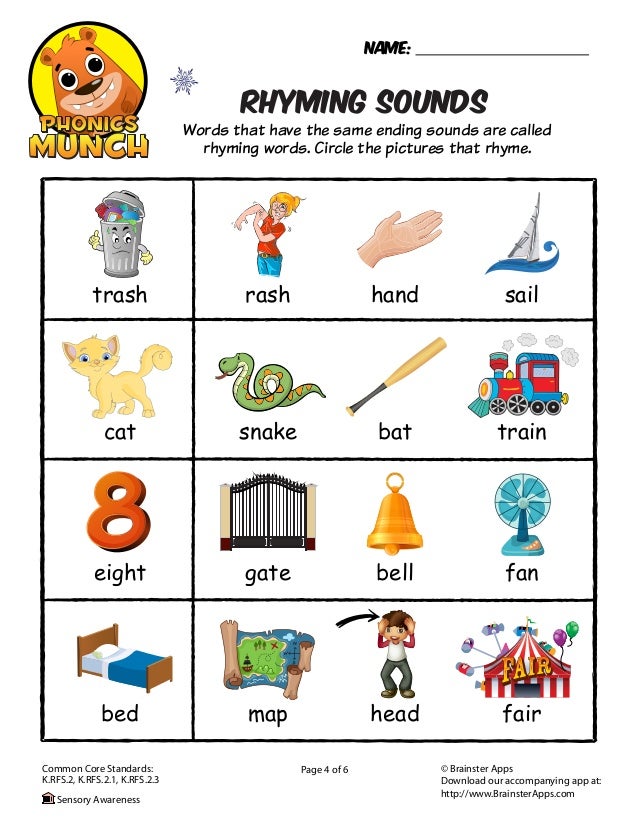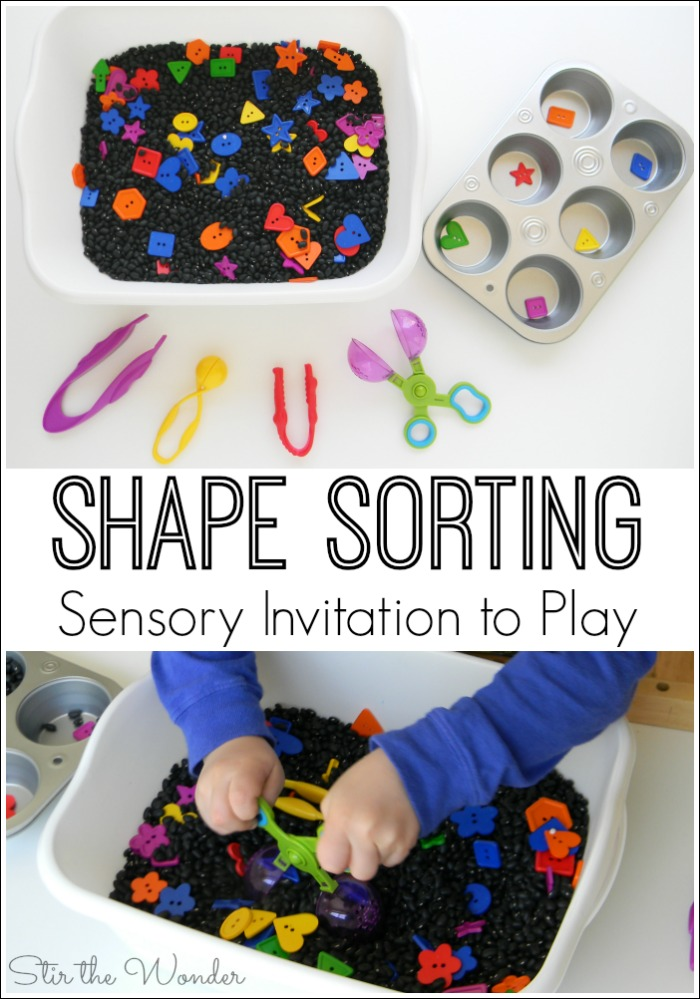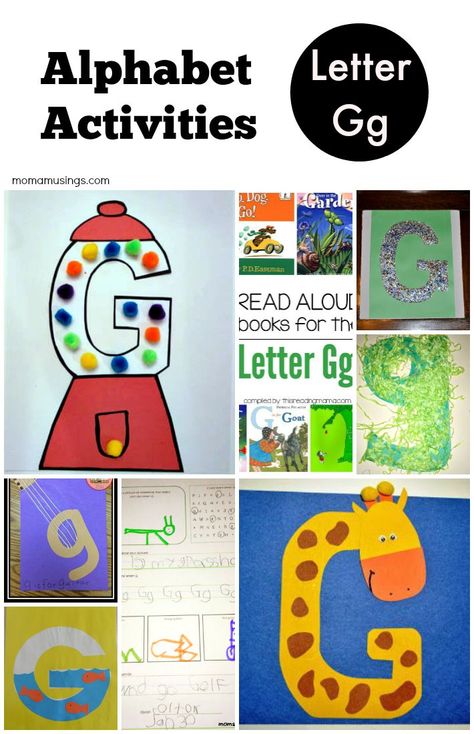Meaning of kindergarten
Why is kindergarten called kindergarten?
Kevin Zoromski, Michigan State University Extension -
Updated from an original article written by Insa Raymond.
Learn why kindergarten is called kindergarten and how it relates to the 4-H program.
Kindergarten in the United States is a program generally for 5-year-olds, but sometimes includes 4-to-6-year-olds, that offers developmentally appropriate learning opportunities to build the child’s social and academic skills and to prepare them for the transition into first grade, and for school in general. But why is it called kindergarten?
The word kindergarten comes from the German language. Kinder means children and garten means garden. The term dates back to the 19th century. Friedrich Froebel (1782-1852) started the first kindergarten, Garden of Children, in 1840. According to Froebel Web, the word kindergarten was invented by Froebel and symbolized his vision for early childhood education: “Children are like tiny flowers; they are varied and need care, but each is beautiful alone and glorious when seen in the community of peers.”
Before 1840, children under the age of 7 did not attend school yet. “Pioneers In Our Field: Friedrich Froebel - Founder of the First Kindergarten” from Early Childhood Today states it was believed that children under the age of 7 did not have the ability to focus or develop cognitive and emotional skills.
Froebel was an educator who believed in self-activity and hands-on learning for children. He also had a love for nature, science and mathematics. He felt children needed to be nurtured and caringly tended to like plants in a garden.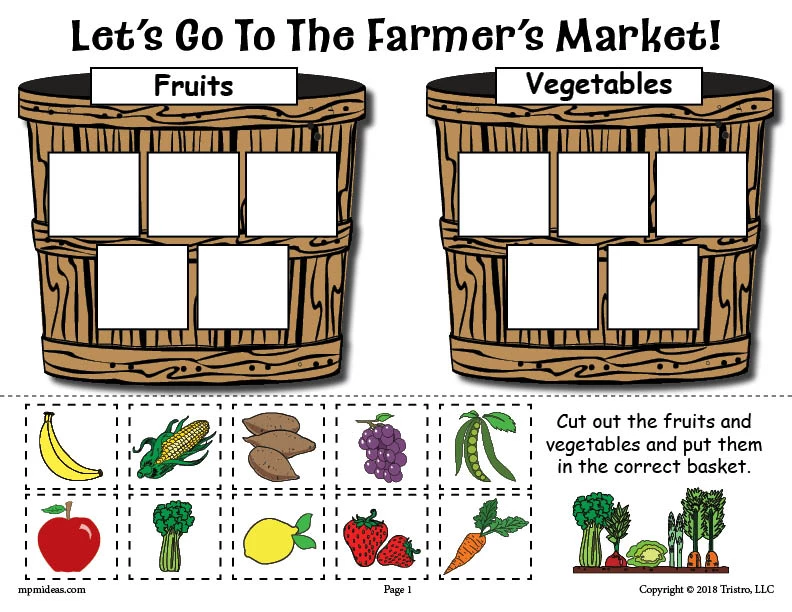 Hence, he founded an early education program for young children, which he called kindergarten. It was a place where children could develop and flourish freely through self- directed play under the guidance, not direction, of the teacher.
Hence, he founded an early education program for young children, which he called kindergarten. It was a place where children could develop and flourish freely through self- directed play under the guidance, not direction, of the teacher.
Froebel’s kindergarten was filled with objects for children to play with. He developed a set of gifts and occupations. These were designed to help children recognize and appreciate patterns in nature and introduce them to basic concepts of science, geometry and architecture. The occupations provided material such as clay, sand, paper and string to build skills such as sculpting, lacing, weaving and folding, and to stimulate imagination, creativity and ingenuity.
The word kindergarten also translates into garden for children. A piece of land was an important part of the kindergarten, which was a place where children could interact with nature as well as play, plant, nurture, explore, observe and discover.
According to Froebel Web, Froebel's philosophy of education rested on four basic ideas: free self-expression, creativity, social participation and motor expression.
This philosophy resembles the philosophy of the 4-H program, which is based on hands-on learning experiences. The Michigan State University 4-H Children’s Garden, for example, is designed to be a place for children to explore and stimulate their curiosity and sense of wonder. The 4-H Cloverbud program for 5-to-7-year-old children offers many resources and hands-on programs that build curiosity, creativity and exploration.
Froebel’s kindergarten concept of informal, hands-on and explorative learning relates closely to the experiential learning model used in 4-H programming. While Froebel’s kindergarten is for 4-to-6-year-old children, which is close to the 4-H Cloverbud age (5 to 7 years old), 4-H also offers experiential learning experiences for youth age 8 to 19 years old.
Michigan State University Extension and the Michigan 4-H Youth Development program help to create a community excited about STEM (Science, Technology, Engineering, and Mathematics). 4-H STEM programming seeks to increase science literacy, introducing youth to the experiential learning process that helps them to build problem-solving, critical-thinking and decision-making skills.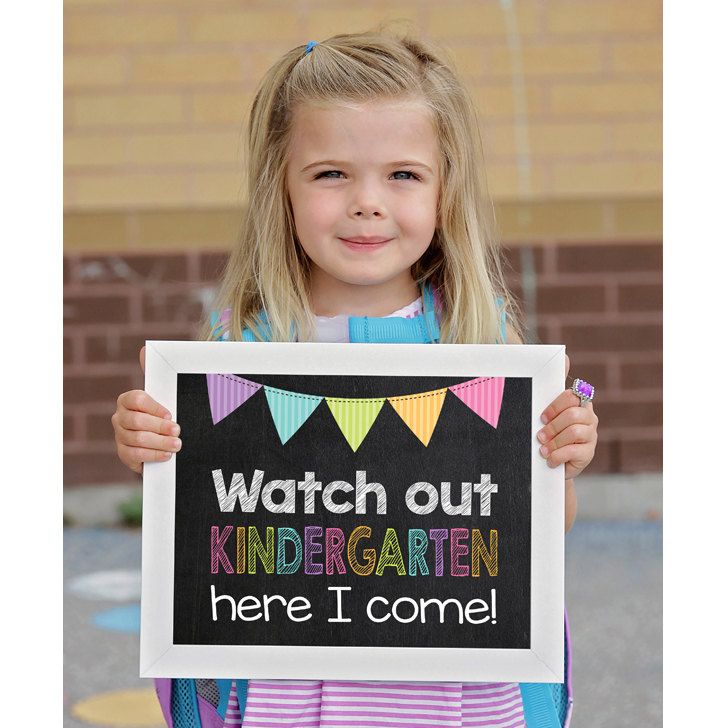 Youth who participate in 4-H STEM are better equipped with critical life skills necessary for future success.
Youth who participate in 4-H STEM are better equipped with critical life skills necessary for future success.
To learn more about the positive impact of Michigan 4-H youth in STEM literacy programs, read our 2018 Impact Report: “Equipping Young People for Success Through Science Literacy.”
This article was published by Michigan State University Extension. For more information, visit https://extension.msu.edu. To have a digest of information delivered straight to your email inbox, visit https://extension.msu.edu/newsletters. To contact an expert in your area, visit https://extension.msu.edu/experts, or call 888-MSUE4MI (888-678-3464).
Did you find this article useful?
Kindergarten Definition & Meaning - Merriam-Webster
kin·der·gar·ten ˈkin-dər-ˌgär-tᵊn
ˈkin-də-,
-dᵊn
: a school or class for children usually from five to six years old
Example Sentences
Recent Examples on the Web The school has about 550 students from kindergarten through fifth grade.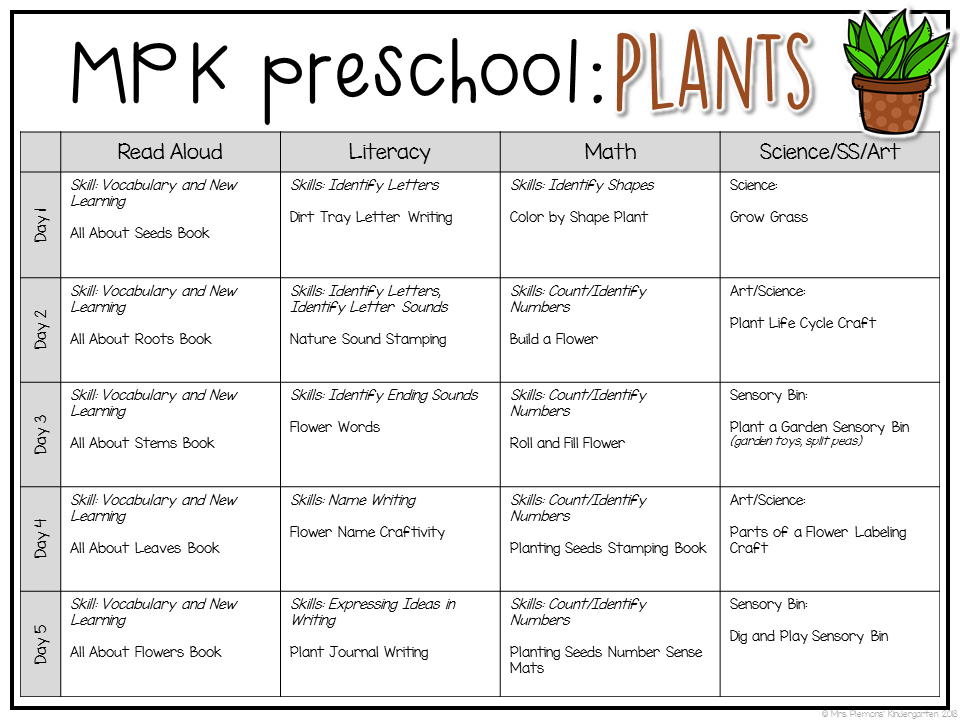 —Nick Anderson, Washington Post, 7 Jan. 2023 Paterson Public Schools, which serves abut 25,000 students from pre-kindergarten through 12th grade, said the new rule will go into effect starting Jan. 3. —Mary Kekatos,
ABC News, 30 Dec. 2022 So one of those [00:14:00] things is a requirement that all Ohio students from kindergarten to third grade will be screened for dyslexia beginning in the 20 23, 24 school years. —cleveland, 22 Dec. 2022 Our analysis included disciplinary incidents involving students from kindergarten through 12th grade. —Joel Jacobs, ProPublica, 21 Dec. 2022 The district has $10 million in grants available to nonprofits to support children from transitional kindergarten through eighth grade.
—Nick Anderson, Washington Post, 7 Jan. 2023 Paterson Public Schools, which serves abut 25,000 students from pre-kindergarten through 12th grade, said the new rule will go into effect starting Jan. 3. —Mary Kekatos,
ABC News, 30 Dec. 2022 So one of those [00:14:00] things is a requirement that all Ohio students from kindergarten to third grade will be screened for dyslexia beginning in the 20 23, 24 school years. —cleveland, 22 Dec. 2022 Our analysis included disciplinary incidents involving students from kindergarten through 12th grade. —Joel Jacobs, ProPublica, 21 Dec. 2022 The district has $10 million in grants available to nonprofits to support children from transitional kindergarten through eighth grade.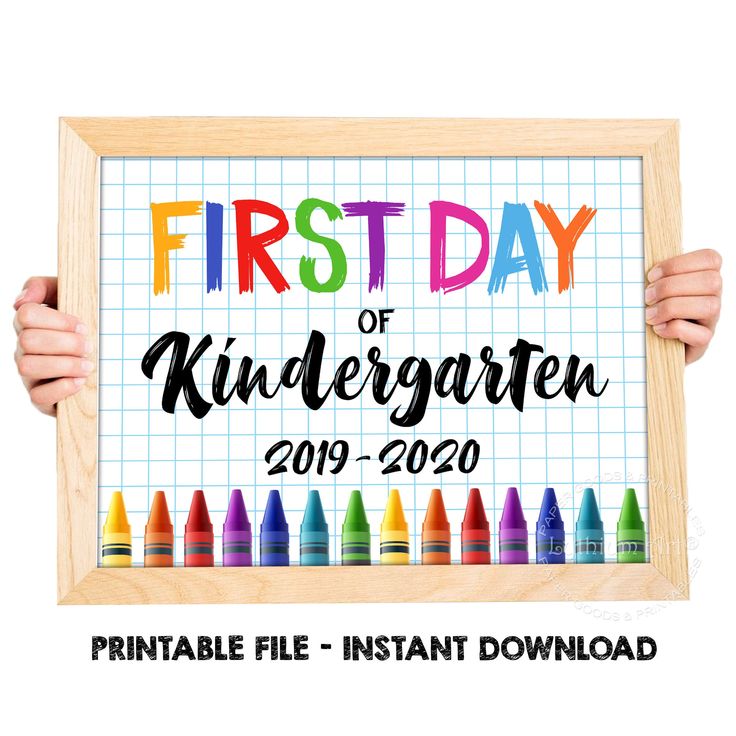 —Emily Alvarenga, San Diego Union-Tribune, 21 Dec. 2022 And at every level of education from kindergarten to graduate school. —Derek Newton, Forbes, 19 Dec. 2022 The school serves students from kindergarten through eighth grade, according to the school’s website. —Matt Yan, BostonGlobe.com, 6 Dec. 2022 The school has about 770 students from kindergarten through fifth grade, according to its website. —From Usa Today Network And Wire Reports, USA TODAY, 1 Nov. 2022 See More
—Emily Alvarenga, San Diego Union-Tribune, 21 Dec. 2022 And at every level of education from kindergarten to graduate school. —Derek Newton, Forbes, 19 Dec. 2022 The school serves students from kindergarten through eighth grade, according to the school’s website. —Matt Yan, BostonGlobe.com, 6 Dec. 2022 The school has about 770 students from kindergarten through fifth grade, according to its website. —From Usa Today Network And Wire Reports, USA TODAY, 1 Nov. 2022 See More
These example sentences are selected automatically from various online news sources to reflect current usage of the word 'kindergarten.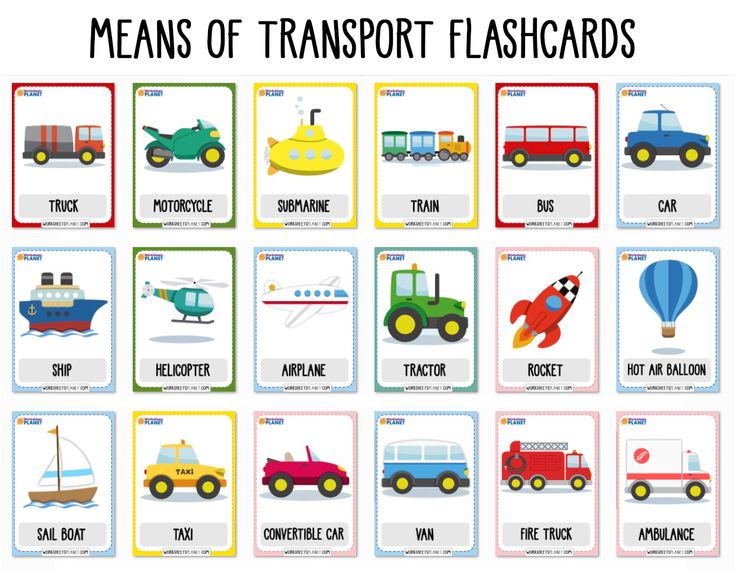 ' Views expressed in the examples do not represent the opinion of Merriam-Webster or its editors. Send us feedback.
' Views expressed in the examples do not represent the opinion of Merriam-Webster or its editors. Send us feedback.
Word History
Etymology
German, from Kinder children + Garten garden
First Known Use
1851, in the meaning defined above
Time Traveler
The first known use of kindergarten was in 1851
See more words from the same year
Dictionary Entries Near
kindergartenkinderbeweijs
kindergarten
kindergartner
See More Nearby Entries
Cite this Entry
Style
MLAChicagoAPAMerriam-Webster
“Kindergarten.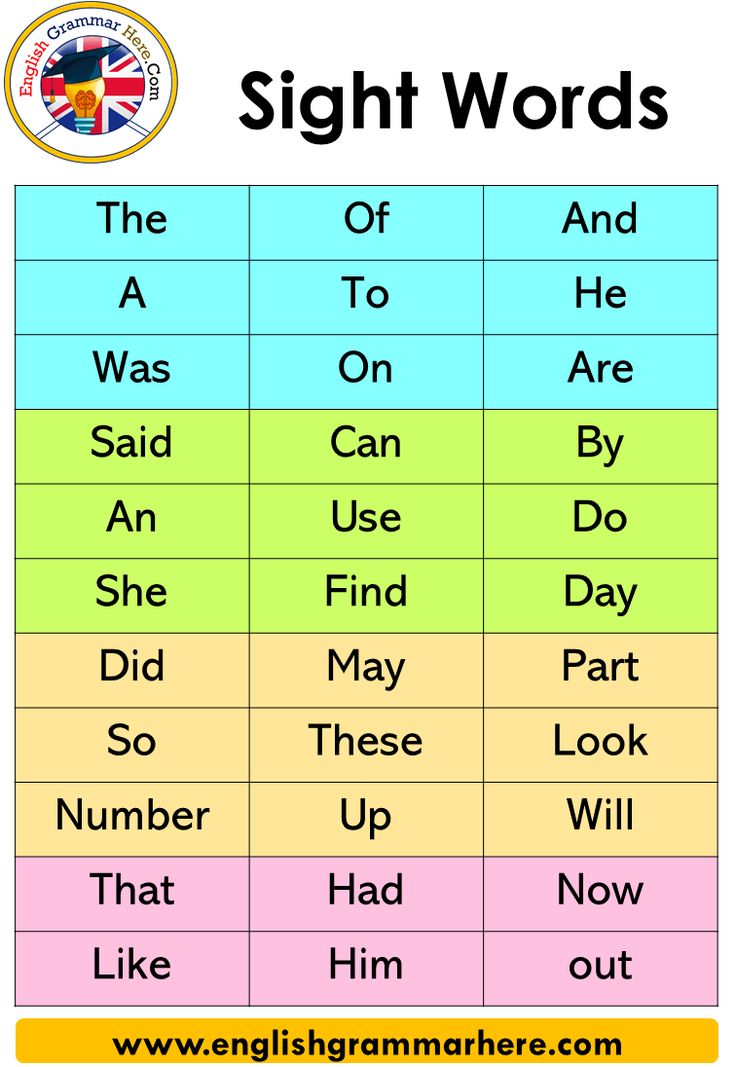 ” Merriam-Webster.com Dictionary, Merriam-Webster, https://www.merriam-webster.com/dictionary/kindergarten. Accessed 11 Jan. 2023.
” Merriam-Webster.com Dictionary, Merriam-Webster, https://www.merriam-webster.com/dictionary/kindergarten. Accessed 11 Jan. 2023.
Copy Citation
Kids Definition
kindergarten
noun
kin·der·gar·ten ˈkin-də(r)-ˌgärt-ᵊn
-ˌgärd-
: a school or class for very young children
More from Merriam-Webster on
kindergartenThesaurus: All synonyms and antonyms for kindergarten
Nglish: Translation of kindergarten for Spanish Speakers
Britannica English: Translation of kindergarten for Arabic Speakers
Britannica. com: Encyclopedia article about kindergarten
com: Encyclopedia article about kindergarten
Last Updated: - Updated example sentences
Subscribe to America's largest dictionary and get thousands more definitions and advanced search—ad free!
Merriam-Webster unabridged
Why do we need a kindergarten | Choosing a garden for a child | Forbes Education
AUTHOR:
Natalie Kaminsky
founder and director of the English kindergarten network MAGIC CASTLE
The child develops, gaining new impressions and experiences. Parents can independently create the necessary conditions for the comprehensive development of children without resorting to the help of a kindergarten: constantly show something unusual, engage in creativity and sports, go to museums, introduce the child to music, and travel.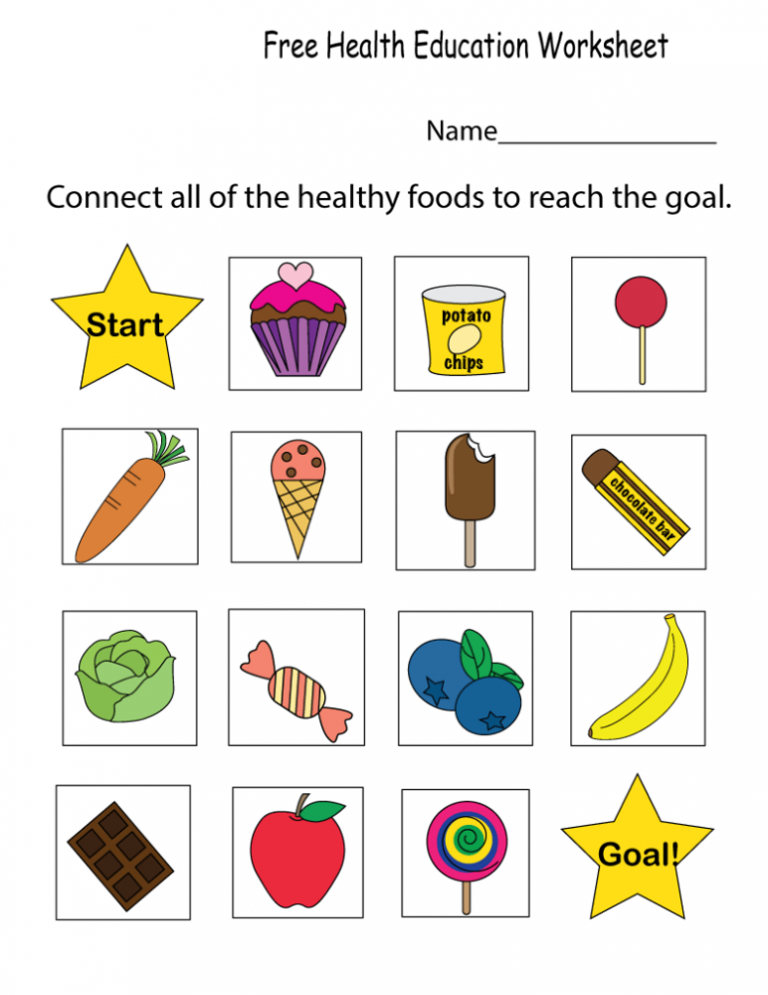 The experience gained expands the boundaries of the children's world, forms a broader consciousness. But in order to provide a full range of experiences on their own, parents will have to spend so much time and effort, involve so many different people, that it raises the question of how rational this is. After all, a good kindergarten copes with this perfectly, solves all the tasks and provides great support: it creates a lot of tactile, visual, social opportunities, offers different types of environment where the child can try a lot of new things. nine0012
The experience gained expands the boundaries of the children's world, forms a broader consciousness. But in order to provide a full range of experiences on their own, parents will have to spend so much time and effort, involve so many different people, that it raises the question of how rational this is. After all, a good kindergarten copes with this perfectly, solves all the tasks and provides great support: it creates a lot of tactile, visual, social opportunities, offers different types of environment where the child can try a lot of new things. nine0012
Let me make a reservation right away, kindergarten does not replace communication with parents, the child needs time in the family - this cannot be neglected.
Health and physical development
Kindergarten helps to monitor the development of the child and cope with difficulties in a timely manner, if they arise.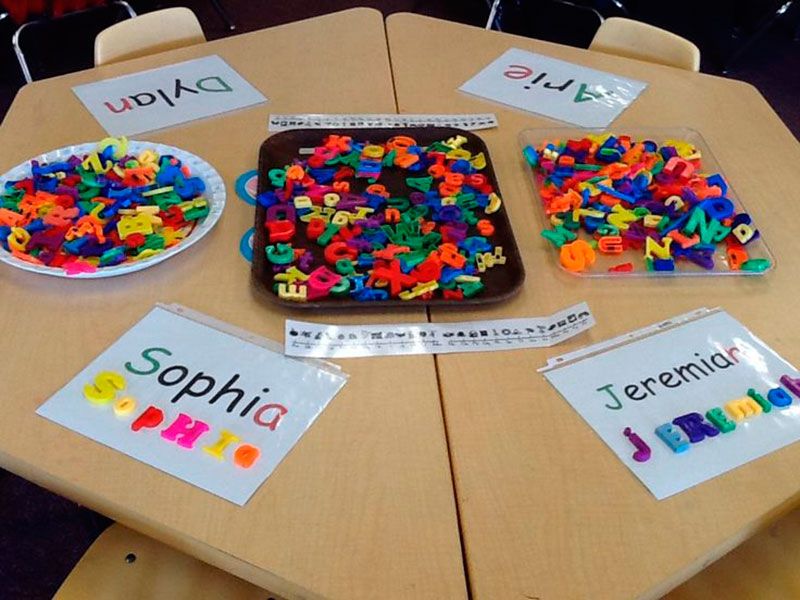 We closely look at each of our students: how he walks, speaks, develops physically and emotionally. Since we have experience and professional expertise, our specialists can suggest what is important to pay attention to. For example, to make sure that the child's posture and gait are correctly formed, to conduct a speech therapy examination of speech exactly when it is possible and necessary to do this, to put certain sounds if difficulties are outlined with them. nine0002
We closely look at each of our students: how he walks, speaks, develops physically and emotionally. Since we have experience and professional expertise, our specialists can suggest what is important to pay attention to. For example, to make sure that the child's posture and gait are correctly formed, to conduct a speech therapy examination of speech exactly when it is possible and necessary to do this, to put certain sounds if difficulties are outlined with them. nine0002
Developing environment
The main task of the kindergarten is to create a developing environment. There is no need to try to fit as much knowledge into the child as possible. Instead, it is important to try to give him as many opportunities as possible to try different activities and find what he likes best.
A good kindergarten should offer a wide range of sports and creative activities.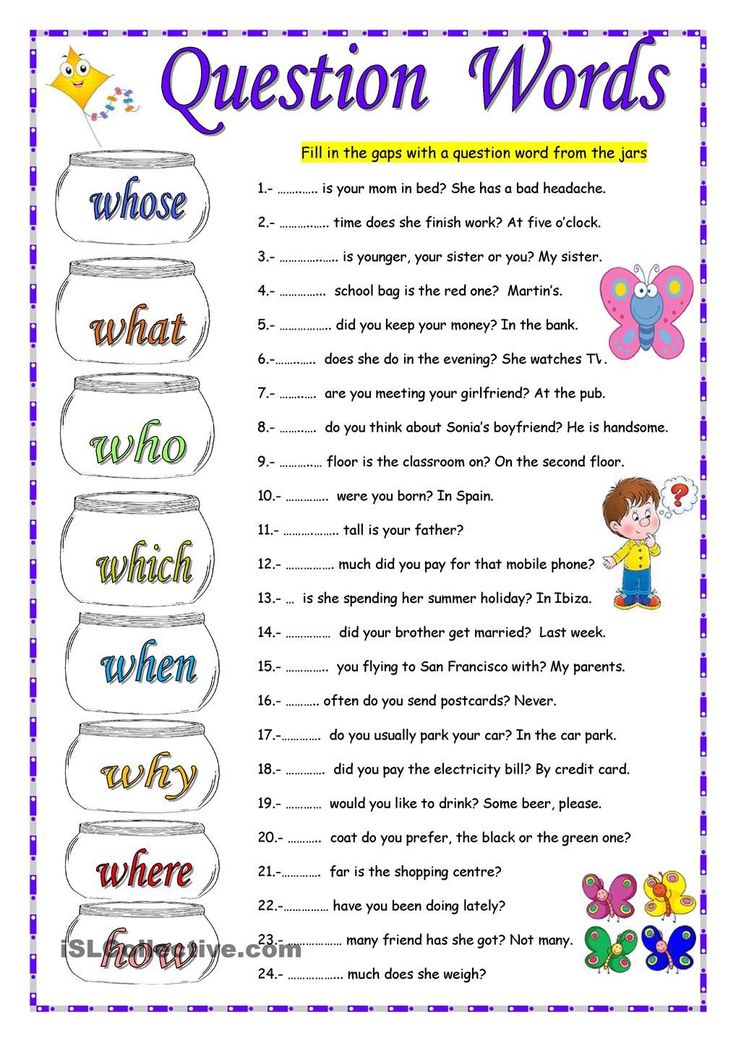 Variety has a huge role, because only by experiencing different types of activities, you can understand what fascinates the child, what he has a talent for, what suits his temperament. We strive for each of our students to try themselves in various activities in a year: dancing, sand therapy, art, modeling, music, ballet, football, karate, anti-gravity, break dancing and much more. As a rule, in the classroom, the teacher sees what the child likes, and can advise those that are worth trying first. Finding a hobby is very important if we want a child to develop long-term hobbies and develop their talents to the fullest. nine0002
Variety has a huge role, because only by experiencing different types of activities, you can understand what fascinates the child, what he has a talent for, what suits his temperament. We strive for each of our students to try themselves in various activities in a year: dancing, sand therapy, art, modeling, music, ballet, football, karate, anti-gravity, break dancing and much more. As a rule, in the classroom, the teacher sees what the child likes, and can advise those that are worth trying first. Finding a hobby is very important if we want a child to develop long-term hobbies and develop their talents to the fullest. nine0002
Education and play
For the harmonious formation of the child's personality, it is necessary to combine sports, creativity and intellectual development, and the correct balance of different types of activity helps to avoid excessive load.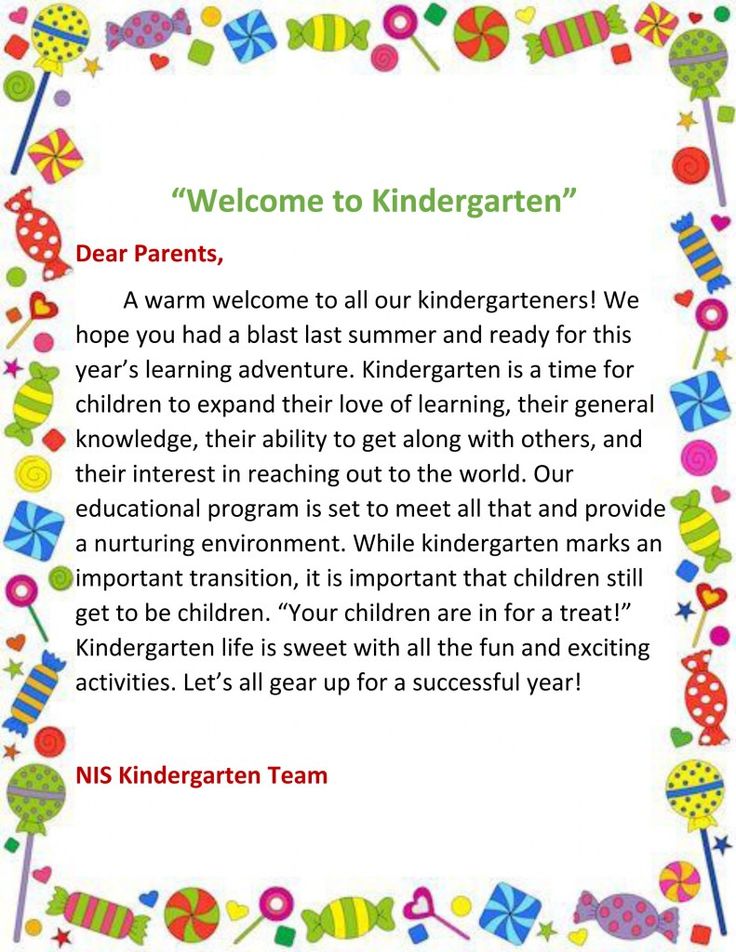 Studying, in its traditional sense, does not happen at preschool age. Education in kindergarten is a game in all manifestations: counting, rearranging cards, singing, during which sounds are combined with other sounds and a word is obtained. Children are incredibly inquisitive, they want to try new things, experiment, they admire the world and any experience they have. Our task is to create a comfortable environment for them, rich in educational opportunities. nine0002
Studying, in its traditional sense, does not happen at preschool age. Education in kindergarten is a game in all manifestations: counting, rearranging cards, singing, during which sounds are combined with other sounds and a word is obtained. Children are incredibly inquisitive, they want to try new things, experiment, they admire the world and any experience they have. Our task is to create a comfortable environment for them, rich in educational opportunities. nine0002
“
Many people in Russia have a stereotype that learning comes down to learning by heart, retelling, rewriting. We try to dispel this myth, we explain that children learn best through play and activity. A child cannot be "tormented" by cramming and performing tasks through force. Everything, including the academic part, should be presented as a game. Our main task is to achieve results by playing with the child, captivating him, giving him the feeling that he is doing something very interesting and important for himself.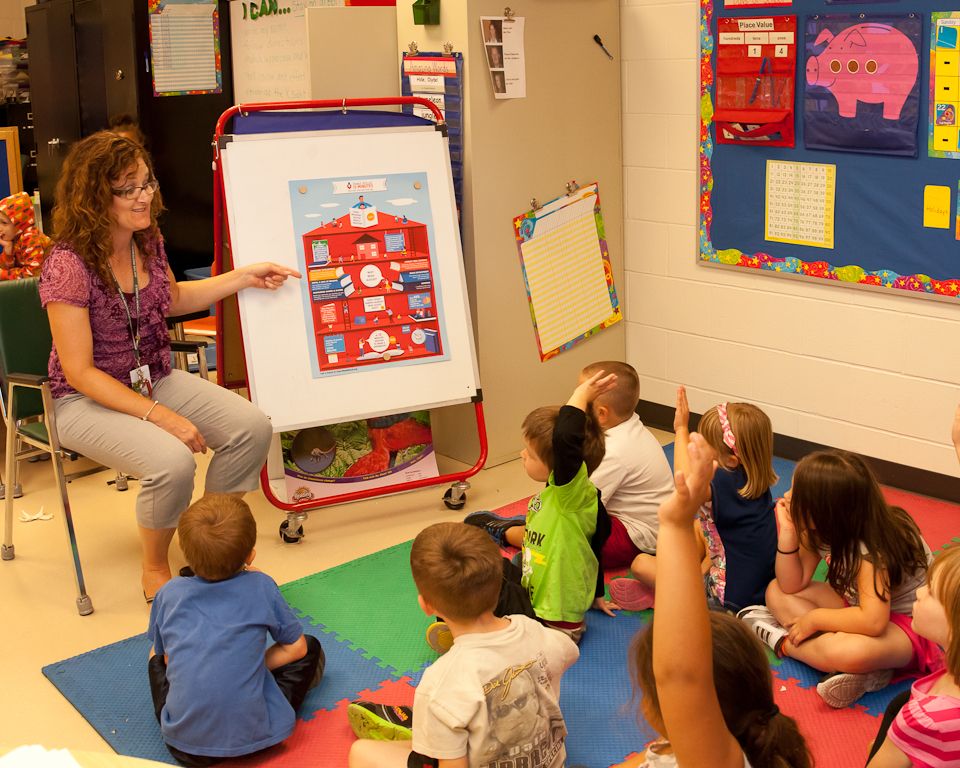 nine0003 The same things can be taught in different ways and the result will directly depend on the approach. For example, how was it customary to start learning English? That's right, from the alphabet - he was taught by heart, and then told in front of the class. But, objectively speaking, it is boring and not effective in teaching children to read. There is a Jolly Phonics system, which is used in British schools. In this system, children do not learn letters, but sounds, and each sound corresponds to a picture, song, hand movement. For a child, it is alive, clear, understandable, fun. This is not about memorization, but about a versatile perception of the topic. Learning happens naturally. I experienced with my own child how comfortable and effective this approach is for children. nine0012
nine0003 The same things can be taught in different ways and the result will directly depend on the approach. For example, how was it customary to start learning English? That's right, from the alphabet - he was taught by heart, and then told in front of the class. But, objectively speaking, it is boring and not effective in teaching children to read. There is a Jolly Phonics system, which is used in British schools. In this system, children do not learn letters, but sounds, and each sound corresponds to a picture, song, hand movement. For a child, it is alive, clear, understandable, fun. This is not about memorization, but about a versatile perception of the topic. Learning happens naturally. I experienced with my own child how comfortable and effective this approach is for children. nine0012
Anastasia Mironova, leading specialist for the network of English kindergartens of Magic Castle
000 000000000000 000000000 000000 000 000 000000000 000 0000009000 000 A skill that begins to develop in children from a very young age is the ability to communicate and get along with other people.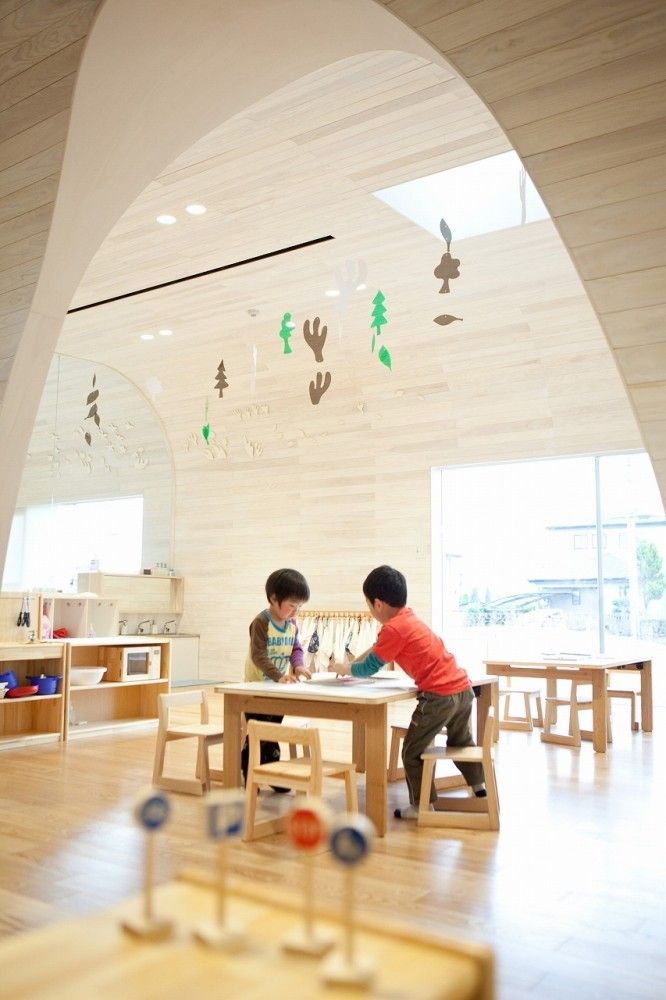 Of course, parents play the main role in socialization: children copy the behavior of mom and dad, their reactions, speech, attitude to the world around them. But, starting from the age of three, communication with other children is becoming increasingly important. The child must learn to make friends on his own and maintain these relationships, to do something together, to respect the personal space of others, to share and refuse, to defend his point of view. Kindergarten provides a lot of opportunities to practice communication. In addition, in good kindergartens, any interaction between children takes place under the supervision of adults. Teachers and educators help the child to understand himself and others, teach the norms of communication and behavior in society, show in practice how to cope with various situations (including conflicts), help to overcome psychological difficulties. nine0002
Of course, parents play the main role in socialization: children copy the behavior of mom and dad, their reactions, speech, attitude to the world around them. But, starting from the age of three, communication with other children is becoming increasingly important. The child must learn to make friends on his own and maintain these relationships, to do something together, to respect the personal space of others, to share and refuse, to defend his point of view. Kindergarten provides a lot of opportunities to practice communication. In addition, in good kindergartens, any interaction between children takes place under the supervision of adults. Teachers and educators help the child to understand himself and others, teach the norms of communication and behavior in society, show in practice how to cope with various situations (including conflicts), help to overcome psychological difficulties. nine0002
Kindergarten does a lot for the child to open up and realize his potential.
OTHER ARTICLES
Adaptation to kindergarten: from the very first day a child should be happy
Excursion to kindergarten: how to assess the level of a preschool institution?
When should a child go to kindergarten?
Kindergarten: selection guide
A special project created with the support of experts from the Magic Castle network of English kindergartens.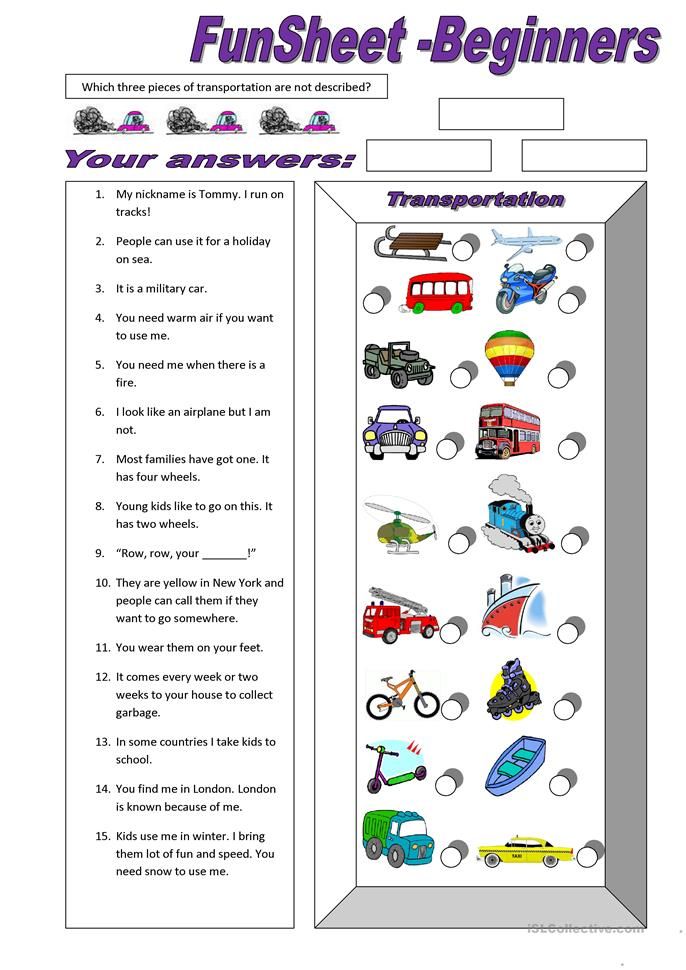 nine0012
nine0012
For more than 10 years, Magic Castle has been one of the leading international schools in Moscow. Education in an English kindergarten begins at the age of 1.5 and continues in a British school for children from 5 to 18 years old. Magic Castle students have the opportunity to choose from more than 30 sports, creative, intellectual activities.
Magic Castle has Teddy Bear Club - an English club for children from 6 months to 2 years old, where the child begins to get acquainted with the English language in the classroom with their parents. nine0012
Graduates of the English Magic Castle Kindergarten can easily enter the British MCS School, which is part of the MC Education educational group, or other Russian or international schools.
English kindergarten Magic Castle
Site:
http://mc-international.ru
Phone:
800 511 2016
Email:
[email protected]
addresses in Moscow: addresses in Moscow: Moscow
Likhov per.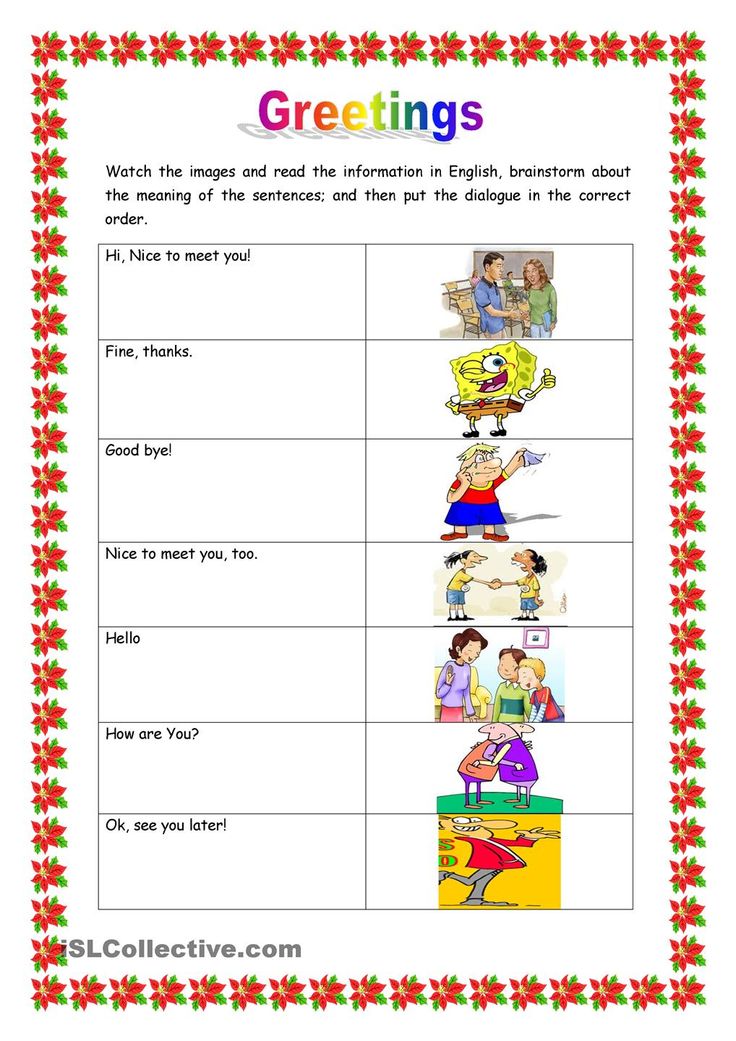 , 3, building 2 | per. Chernyshevsky, d.8, p.1 | st. Picturesque, 3, building 1
, 3, building 2 | per. Chernyshevsky, d.8, p.1 | st. Picturesque, 3, building 1
#PARTNER_MATERIAL
Is kindergarten really necessary?
06/14/2016
Views: 30603
I went to kindergarten from the age of three and clearly remember how those around me unanimously felt sorry for me, unanimously stating that it was too early and why torture the child. However, not even from the age of three, but from the age of five, few attended preschool institutions then. There were very few such poor fellows in our class. All the rest sat at home with their grandmothers before school. nine0012
Over time, the situation has changed. And grandmothers were no longer in a hurry to retire, and there were more and more kindergartens, but until recently, the need to send a child to a kindergarten was perceived as a necessary measure. What is called, not from a good life. If my mother had the opportunity not to work, the question of the garden was not even raised.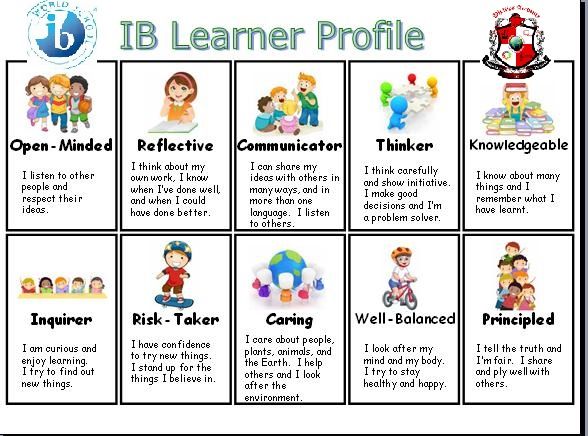 It goes without saying that before school she would take care of the children herself? Neither relatives nor acquaintances would simply understand her if, without going to work, she “shoved” the child into the garden. Significant progress has now been made in this respect as well. Increasingly, families appear on my professional horizon that have every opportunity not to take their child to kindergarten. Or the wife is not at all eager to work even “for the soul”, and the husband is quite able to provide for the family. Either the grandmother is ready to devote herself to her grandson, or the parents have money for a nanny. But ... a child from three or four years old is still sent to kindergarten. And it would be nice if he enjoyed communication and collective games there! So no! The kid does not like kindergarten, whimpers in the morning, complains that he is offended, asks to stay at home at least a little. And the other goes without objection, but often gets sick. And the third became nervous, irritable, aggressive.
It goes without saying that before school she would take care of the children herself? Neither relatives nor acquaintances would simply understand her if, without going to work, she “shoved” the child into the garden. Significant progress has now been made in this respect as well. Increasingly, families appear on my professional horizon that have every opportunity not to take their child to kindergarten. Or the wife is not at all eager to work even “for the soul”, and the husband is quite able to provide for the family. Either the grandmother is ready to devote herself to her grandson, or the parents have money for a nanny. But ... a child from three or four years old is still sent to kindergarten. And it would be nice if he enjoyed communication and collective games there! So no! The kid does not like kindergarten, whimpers in the morning, complains that he is offended, asks to stay at home at least a little. And the other goes without objection, but often gets sick. And the third became nervous, irritable, aggressive.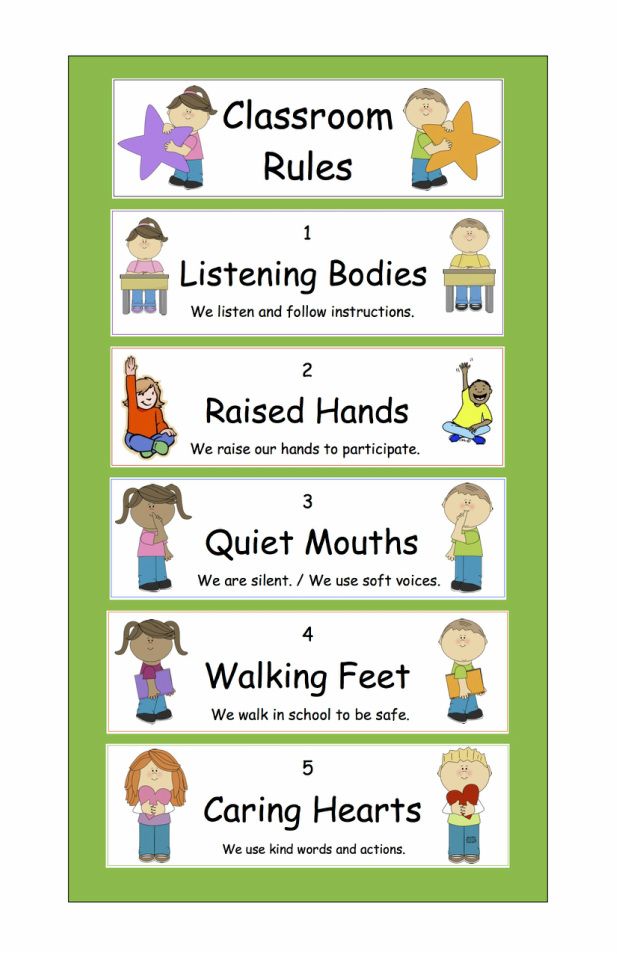 I'm not talking about hyperactive children, which, unfortunately, are now more and more. For them, kindergarten is a completely unbearable psychological burden. nine0012
I'm not talking about hyperactive children, which, unfortunately, are now more and more. For them, kindergarten is a completely unbearable psychological burden. nine0012
But when you start talking about it, you often come across an impenetrable wall. I first thought about the nature of this resistance a few years ago when a young couple with a four and a half year old boy came to me for a consultation. Styopa clung to his mother, hid his face in her knees, flatly refused to go into the next room without his parents to look at the toys.
Does he always behave like this? I asked.
With strangers, yes. When he gets used to it, he will, of course, be more relaxed, but in general he is clamped down with us. He doesn't like to go anywhere, you can't even take him out for a walk. Children are afraid to shiver in the knees. There are fewer adults, but they are also afraid. nine0012
I was absolutely sure that it had never occurred to the parents to assign this child to a kindergarten.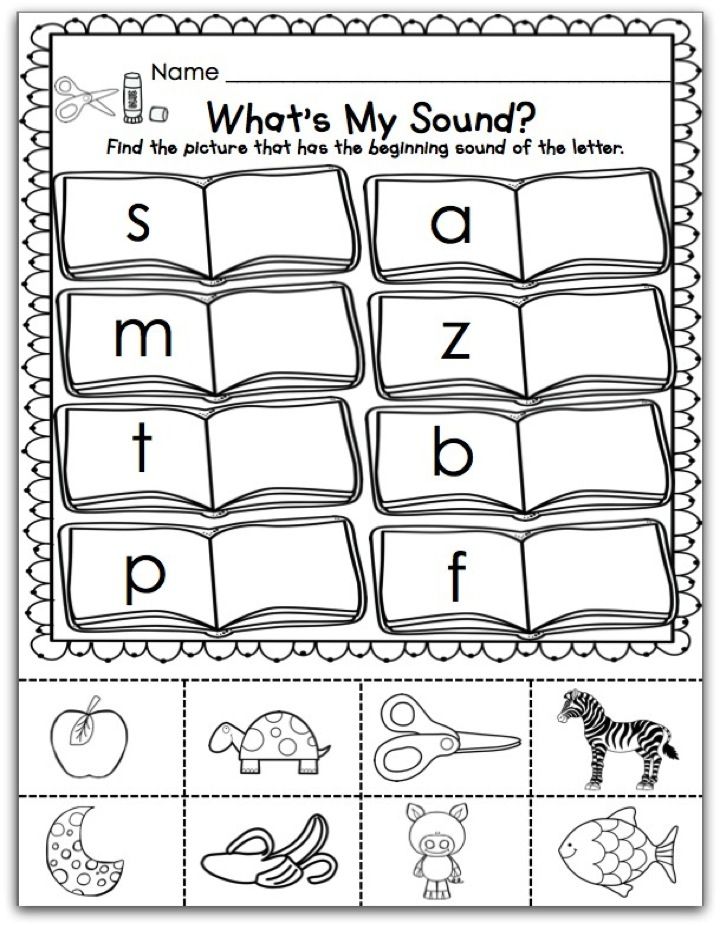 But I was wrong! Styopa went to the garden from the age of three. For half a year, however, he was constantly ill when he went out “into the light”, then he saw him on a chair all day long, not responding to calls to play with the children. Now he is no longer sitting on a chair, but the children are still shy.
But I was wrong! Styopa went to the garden from the age of three. For half a year, however, he was constantly ill when he went out “into the light”, then he saw him on a chair all day long, not responding to calls to play with the children. Now he is no longer sitting on a chair, but the children are still shy.
“They are too noisy for him, they scream, they fight, but he doesn’t understand it,” my mother said. - But at least the tantrums, as before, do not roll at parting - and that's good. Styopa was brought in with complaints of fatigue, distracted attention, tearfulness, whims and bedwetting (enuresis). Moreover, at two and a half years, before kindergarten, no enuresis was observed in the child. There were no problems with him then: quiet, calm, flexible: a boy. He was afraid of strangers, but not at all like now. He even tried to play with children, but now he doesn’t want to hear about anyone. nine0012
The picture was very reminiscent of the psychotrauma inflicted on the child by an early separation from the family.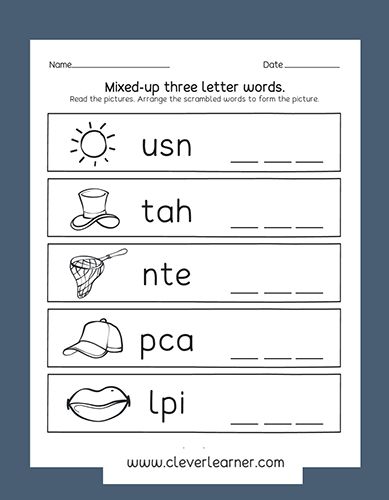 What, to tell the truth, it was quite possible to guess for yourself, without consulting a specialist. But mom and dad didn't want to see the obvious.
What, to tell the truth, it was quite possible to guess for yourself, without consulting a specialist. But mom and dad didn't want to see the obvious.
— Pick up from the garden?! Mom was horrified. — But… Where can he learn to communicate then? No you! It's out of the question! At home, he is completely wild with us.
Although it was in the kindergarten, and not at home, Styopa lost even those small communication skills that he managed to acquire before the age of three. nine0012
What about getting ready for school? Dad picked it up. - No, we are not able to teach a child everything that is taught in kindergarten now.
Although Styopa's attention was dissipated just in the garden, with a nervous overstrain. And there were still two and a half years left before school - a huge time for a preschooler. And what is so special about kindergarten teachers? Why are people with higher education (technical and humanitarian) unable to master this wisdom? And how, until recently, grandmothers without any higher education quite successfully taught their preschool grandchildren to read and count? Some of them are still learning.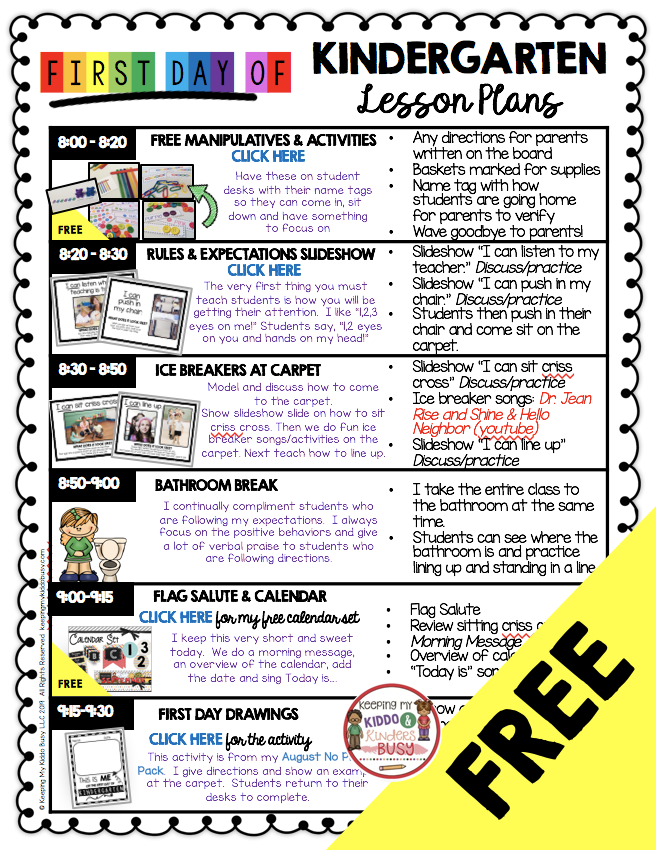 .. nine0012
.. nine0012
The parents did not find answers to these and other questions, but it was clear that they were not even going to look for them. The main issue was resolved long ago, finally and irrevocably. Styopa will go to the garden under any circumstances, because IT IS SIMPLY IMPOSSIBLE WITHOUT A GARDEN.
The case was so striking, and the parental resistance so frankly irrational, that the thought of the subconscious mechanisms of this resistance suggested itself. At the level of consciousness, there was nothing to object to. But the subconscious whispered the exact opposite to Stepin's parents, and his whisper turned out to be stronger. Why? nine0012
"Momless Moms"
About 30 years ago in America they set up an experiment: they took away the cubs from the monkeys, fed them and began to observe how they would raise their babies.
It turned out that “motherless mothers” (as scientists called the monkeys who grew up in human care) do not know how to care for the cubs and do not feel kindred feelings for them, because in their childhood they did not have before their eyes a model of maternal care.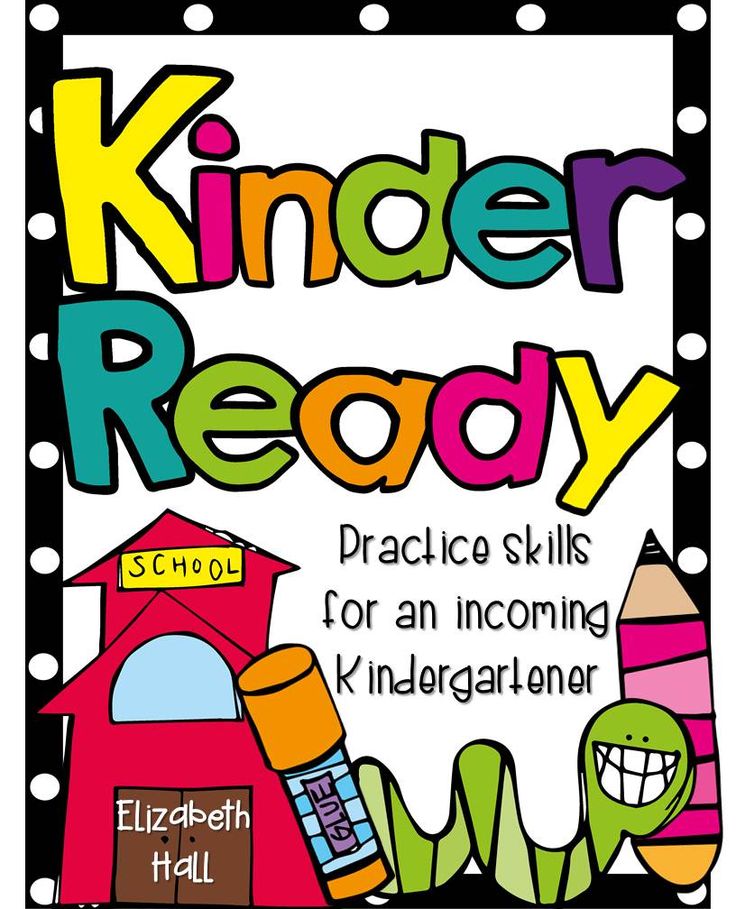 They have completely different early images (imprintings) imprinted in their memory. For the same reasons, many orphans, growing up, experience serious difficulties in building a family. The current young parents, of course, are not orphans, and certainly not monkeys, but this is perhaps the first generation that massively attended kindergartens. nine0012
They have completely different early images (imprintings) imprinted in their memory. For the same reasons, many orphans, growing up, experience serious difficulties in building a family. The current young parents, of course, are not orphans, and certainly not monkeys, but this is perhaps the first generation that massively attended kindergartens. nine0012
“We “went to the garden - and nothing, we grew up!” They argue, forgetting, as often happens, about their childhood grief and resentment.
And it is difficult for them to imagine how they can do without a kindergarten, because collective education for them is imprinting. And early impressions are very firmly rooted in the subconscious. We don’t seem to remember them, we don’t realize them, but they have not gone away and, like gray cardinals, they invisibly control our ideas and feelings. nine0012
The main thing is home peace and tranquility
Meanwhile, experienced doctors and teachers say that a preschool child most of all needs maternal affection and a warm (especially psychologically), comfortable home, a calm, friendly atmosphere in the family.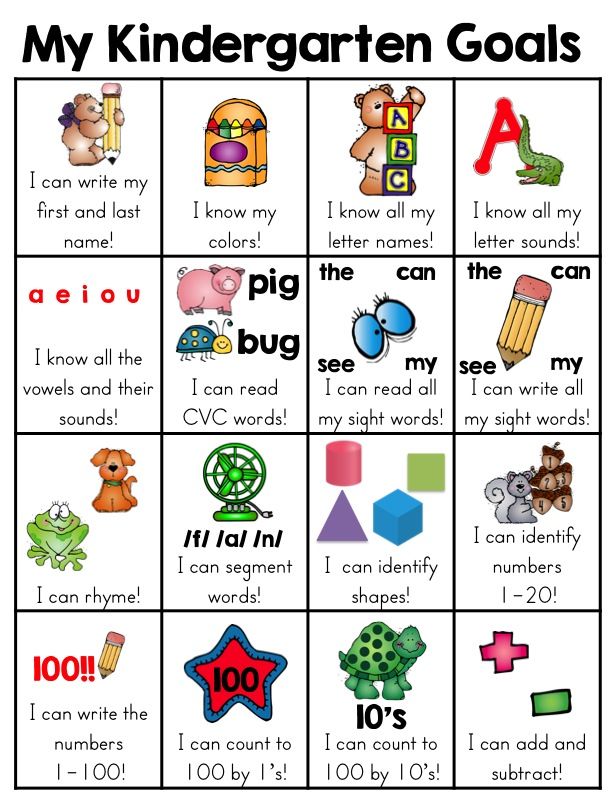 In such an environment, it flourishes and develops normally.
In such an environment, it flourishes and develops normally.
In fact, smart people warned about this more than a hundred years ago, when kindergartens were just beginning to appear. “No matter how rational the activities and games of children are in them,” wrote the famous Russian teacher K. D. Ushinsky, they can have a harmful effect on the child if he spends most of the day in them. No matter how clever the activity or the game that is learned in kindergarten, they are already bad because the child did not learn on his own, and the more intrusive the kindergarten in this respect, the more harmful they are. nine0012
Ushinsky warned that "even a noisy society of children, if the child is in it from morning to evening, should act harmfully." “For a child,” he continued, “completely solitary and independent attempts at childish activity are necessary, not caused by imitation of children or adults.”
At that time, the terms “psychological burden” or “stress” were not yet used, but the danger itself was correctly grasped.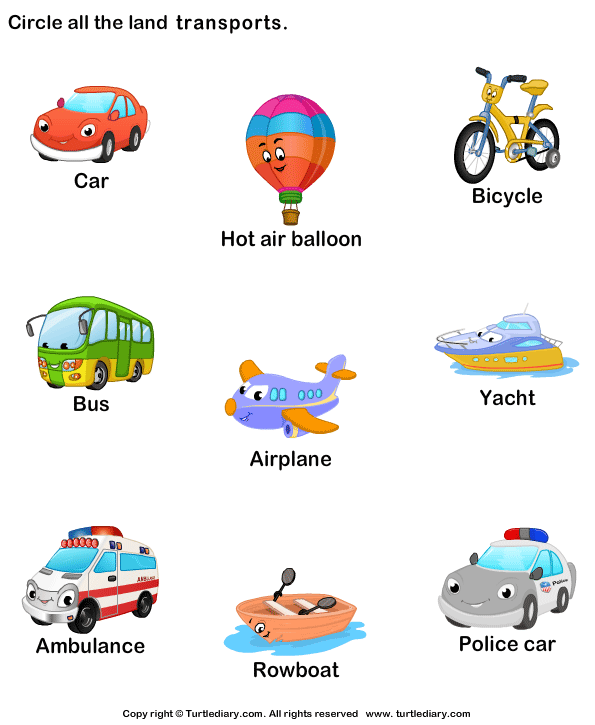 Now the same conclusions are being made on a scientific basis. A couple of years ago I had a chance to hear at a conference a speech by our largest pediatrician, Academician V. A. Tabolin. He spoke about the dangers of many experiments that were performed in the 20th century on young children, including ... about kindergartens. Yes, yes, something with which we have become so accustomed that we can no longer imagine life without it, in fact, an experiment that has a relatively short history. Its essence was to remove children from the family and transfer them to the upbringing of the state. After all, the family, according to the ideologists of building a new society, should have died out soon. But practice has shown that no one can replace a mother's child. Although the consequences of an early separation of the child from the family may come back to haunt much later. For example, in adolescence. Here is a very typical story: nine0012
Now the same conclusions are being made on a scientific basis. A couple of years ago I had a chance to hear at a conference a speech by our largest pediatrician, Academician V. A. Tabolin. He spoke about the dangers of many experiments that were performed in the 20th century on young children, including ... about kindergartens. Yes, yes, something with which we have become so accustomed that we can no longer imagine life without it, in fact, an experiment that has a relatively short history. Its essence was to remove children from the family and transfer them to the upbringing of the state. After all, the family, according to the ideologists of building a new society, should have died out soon. But practice has shown that no one can replace a mother's child. Although the consequences of an early separation of the child from the family may come back to haunt much later. For example, in adolescence. Here is a very typical story: nine0012
“Before school, Masha was very attached to me. Even too much. Now my heart shrinks when I remember how she asked: “Mommy, let me not go to kindergarten today. Let's stay at home for a while, I won't disturb you." But then I was not up to her. No, of course, I loved my daughter very much, tried to dress her beautifully, bought toys and sweets. But the work fascinated me much more. Yes, and in personal life there were different experiences. Now Masha is sixteen. We live with her in the same room, but there is an invisible partition between us. And it's not about me anymore. I want to establish contact with her, but she does not let me into her world. She is used to doing without me, and although I feel that my daughter is lonely and suffering because of this, we cannot restore the lost connection. Probably because this connection was lost so early, before it had time to properly form. nine0012
Even too much. Now my heart shrinks when I remember how she asked: “Mommy, let me not go to kindergarten today. Let's stay at home for a while, I won't disturb you." But then I was not up to her. No, of course, I loved my daughter very much, tried to dress her beautifully, bought toys and sweets. But the work fascinated me much more. Yes, and in personal life there were different experiences. Now Masha is sixteen. We live with her in the same room, but there is an invisible partition between us. And it's not about me anymore. I want to establish contact with her, but she does not let me into her world. She is used to doing without me, and although I feel that my daughter is lonely and suffering because of this, we cannot restore the lost connection. Probably because this connection was lost so early, before it had time to properly form. nine0012
But what about communication with children?
People who are little familiar with child psychology greatly exaggerate the need for preschoolers in a children's team.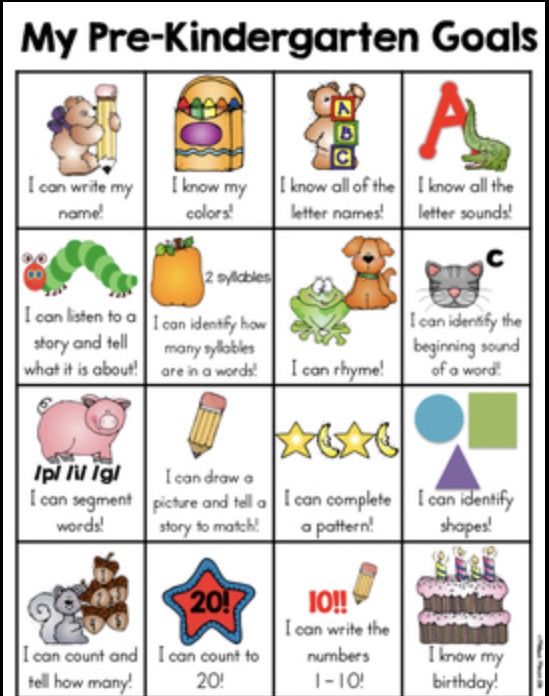 Children of three or four years old usually play, so to speak, side by side, but not together. Yes, and at the age of 5-6 they still do not have friends in the sense that we, adults, put into this concept. Friendship of kids is unstable, situational. Today one friend is on the playground, tomorrow another. Often, they don’t even bother to ask with the name of a “friend” and “What is the name of the boy who came to visit us today?” I repeatedly asked my eldest son (who, by the way, was then not five, but seven or eight years old!). nine0012
Children of three or four years old usually play, so to speak, side by side, but not together. Yes, and at the age of 5-6 they still do not have friends in the sense that we, adults, put into this concept. Friendship of kids is unstable, situational. Today one friend is on the playground, tomorrow another. Often, they don’t even bother to ask with the name of a “friend” and “What is the name of the boy who came to visit us today?” I repeatedly asked my eldest son (who, by the way, was then not five, but seven or eight years old!). nine0012
“I don’t remember… Friend,” Philip shrugged.
And the next day he brought home another boy, but he didn’t even remember the previous one.
The need for true friendship appears closer to adolescence, and it is enough for a preschooler to periodically play with one of their peers, not even necessarily daily. He has not left the family circle yet. For him, while in the family circle, the most important relationships and the most important communication.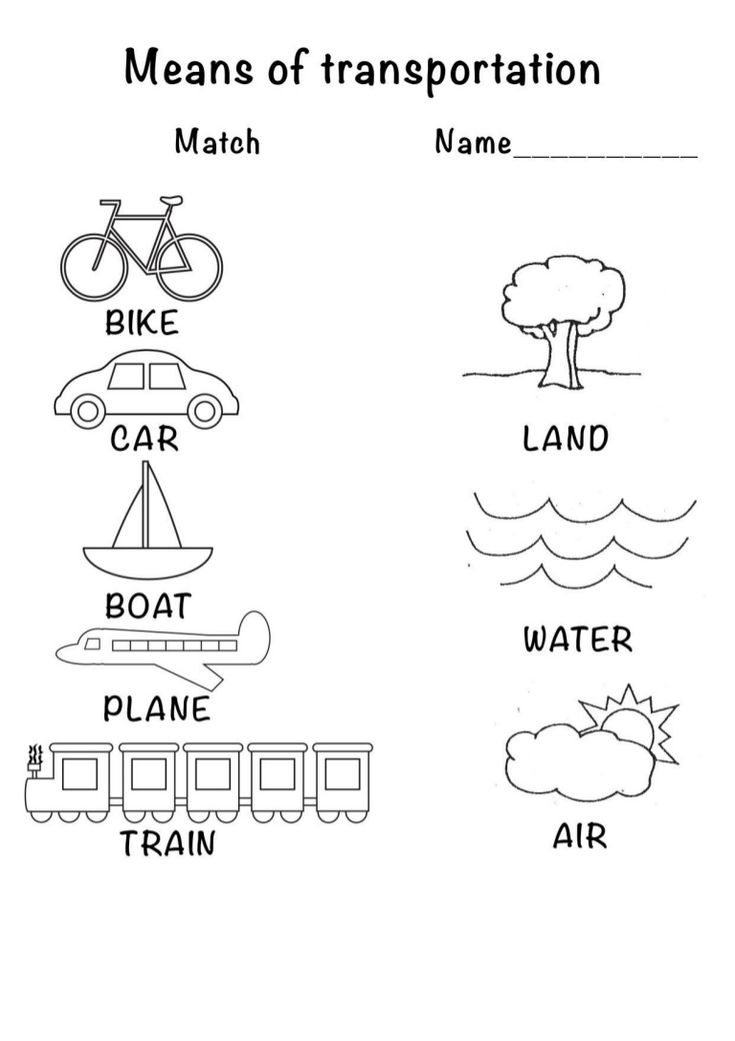
But now it is often the other way around. A preschooler is pulled out of the family and immersed in a children's team for the whole day. Although it is difficult for an adult person to be in a strange society from morning to evening. What can we say about a baby who overworks faster, gets overexcited more easily?! The more difficult it is for him to communicate with children and adults, the more carefully this communication should be dosed. Otherwise, the child's behavior will worsen, and the difficulties will grow like a snowball.
How will it be at school? nine0012
This question is always asked. But after all, at school, in comparison with kindergarten, conditions are much more benign. Are you surprised? - Judge for yourself. To communicate normally, without conflicts, quarrels and fights, many preschoolers and younger students still do not know how. But in kindergarten, kids spend almost the whole day, and in elementary school - only a few hours. At the same time, they are constantly busy at school and are “in free flight” only at recess.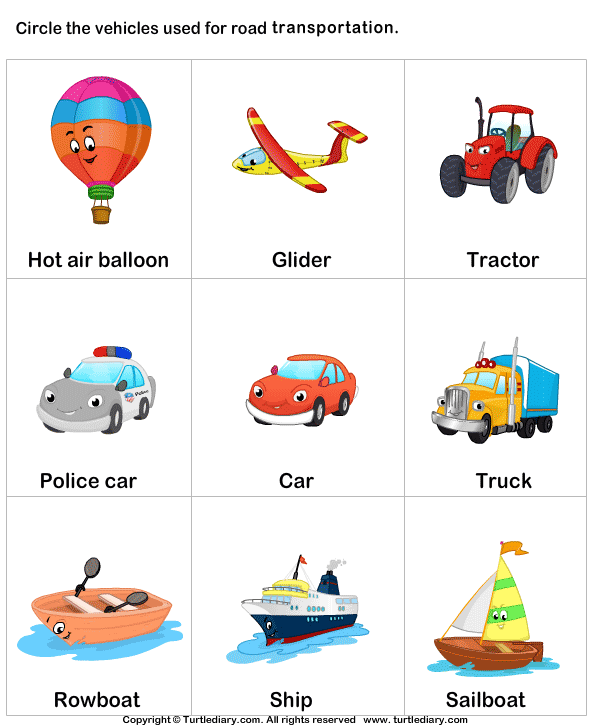 In kindergarten, on the contrary, purposeful classes do not last long. Most of the time is devoted to games and walks. And the teacher is not physically able to keep track of everyone, because the children in the group are 20-25 people. Someone will certainly begin to offend, tease. Others are also not averse to "supporting the company." Therefore, a sensitive, touchy child in the garden has a very difficult time. And to demand from him that he remake himself is simply stupid. It would be much smarter not to put the child in such a difficult psychological situation. He can get communication skills that will be useful to him at school by playing from time to time with the children of your friends or by visiting a studio a couple of times a week, since now there are plenty of them for kids in every city. nine0012
In kindergarten, on the contrary, purposeful classes do not last long. Most of the time is devoted to games and walks. And the teacher is not physically able to keep track of everyone, because the children in the group are 20-25 people. Someone will certainly begin to offend, tease. Others are also not averse to "supporting the company." Therefore, a sensitive, touchy child in the garden has a very difficult time. And to demand from him that he remake himself is simply stupid. It would be much smarter not to put the child in such a difficult psychological situation. He can get communication skills that will be useful to him at school by playing from time to time with the children of your friends or by visiting a studio a couple of times a week, since now there are plenty of them for kids in every city. nine0012
To whom the garden is not contraindicated?
Of course, children are different. Some even need a garden. Active, proactive children often get bored at home by the age of 5-6.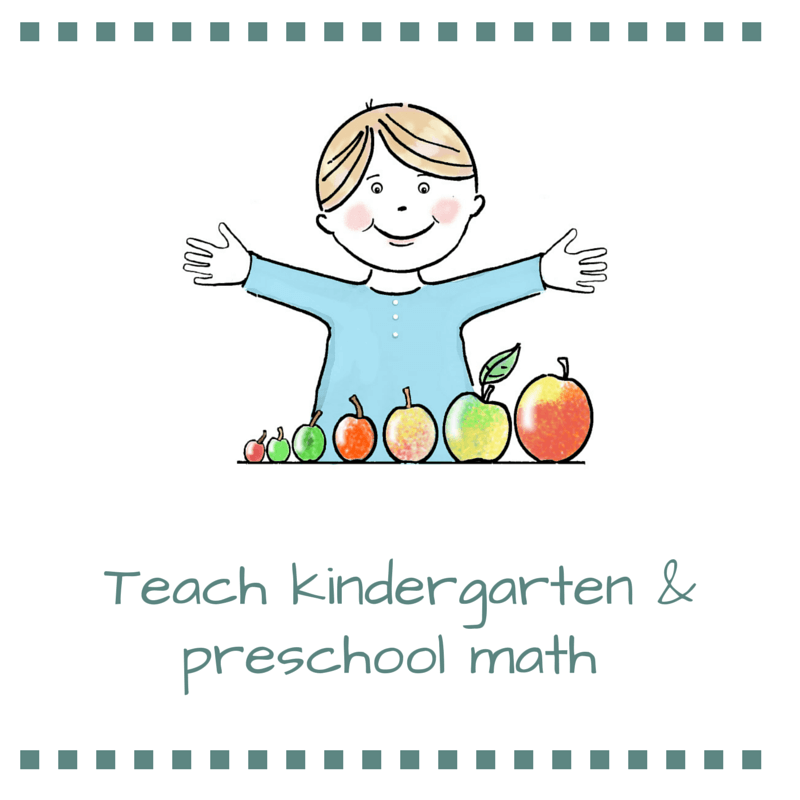 Especially if this is the only son or daughter, and in addition to the parents, grandparents also live in the apartment. The child wants more independence, the old framework becomes cramped for him, and relatives are in no hurry to expand them. And how to realize the child's need for leadership in such conditions? Who will he lead? One of my little acquaintances, psychologically fully matured into a children's team, but languishing at home, because his mother was afraid to send him to kindergarten, tyrannized her and grandfather, like the most natural oriental despot. And at the same time he also “chased” a parrot (this is how his mother aptly described his method of training, because when Sasha did not know what to do, he poked a bird at the bird with a pencil, forcing it to rush about on his orders from one corner of the cage to another.) Such “leadership” , of course, neither mother, nor grandfather, nor the parrot, nor Sasha himself were pleased. When the boy was sent to kindergarten, his behavior returned to normal.
Especially if this is the only son or daughter, and in addition to the parents, grandparents also live in the apartment. The child wants more independence, the old framework becomes cramped for him, and relatives are in no hurry to expand them. And how to realize the child's need for leadership in such conditions? Who will he lead? One of my little acquaintances, psychologically fully matured into a children's team, but languishing at home, because his mother was afraid to send him to kindergarten, tyrannized her and grandfather, like the most natural oriental despot. And at the same time he also “chased” a parrot (this is how his mother aptly described his method of training, because when Sasha did not know what to do, he poked a bird at the bird with a pencil, forcing it to rush about on his orders from one corner of the cage to another.) Such “leadership” , of course, neither mother, nor grandfather, nor the parrot, nor Sasha himself were pleased. When the boy was sent to kindergarten, his behavior returned to normal.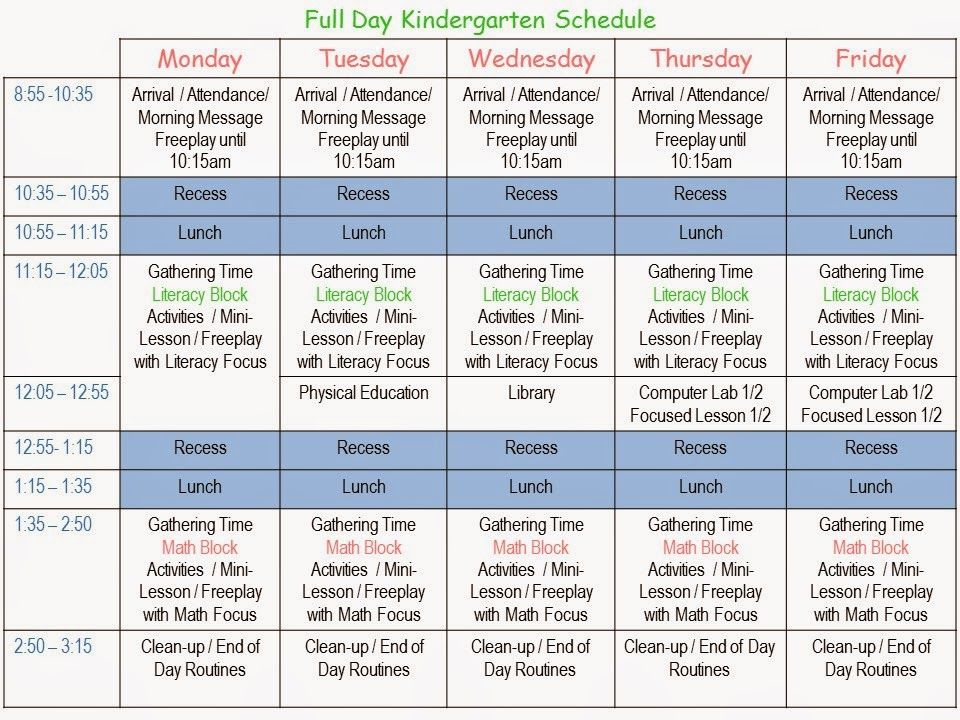 nine0012
nine0012
Adopted at will
But the most important criterion in deciding whether to arrange a child in a kindergarten, in my opinion, should be his desire. (Provided, of course, that the circumstances allow this choice to be made.) Still, this is not a “work” yet, as adults often instill in a child. He will still have time to pull the strap in his life, let him enjoy his childhood at least a little.
And children who go to kindergarten with pleasure also meet. Although not as often as parents would like to believe. nine0012
My eldest son's kindergarten experience was extremely unfortunate. Chronic otitis, resulting from constant colds, almost ended in deafness. Therefore, I was not going to determine my daughter in the garden. But at the age of three, she literally forced me to go to the RONO for a referral, because every day she whined and asked "to the kids."
“But I won’t be in the kindergarten!” I scared Christina.
- Nothing! she answered cheerfully.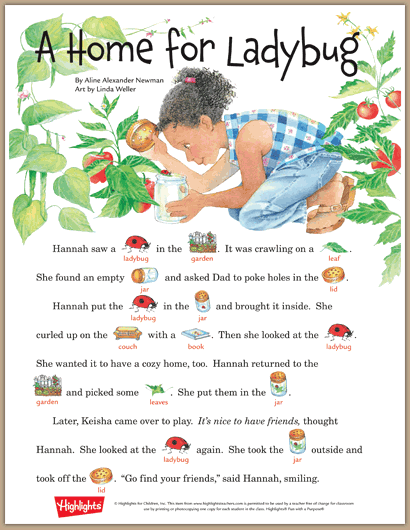
"You'll have to sleep during the day," I warned sternly. She agreed to this, although she forgot about daytime sleep at home at the age of two. nine0012
In short, I gave up. When Christina did not cry for the first time when parting with me, the teacher decided that this was a common story: the child had not yet figured out the situation. But, when, even a week later, my daughter calmly let me go, not paying attention to the roar of other three-year-olds, I was told that my child was unique. But in fact, there was nothing unique about Christina. She just made her dream come true. And if I imposed a garden on her by force, there would be a roar, and illnesses. And so she never even had an acute respiratory disease! nine0012
New time - new dangers
But on the other hand, now I would think ten times before sending my daughter to kindergarten. After all, my Kristinka was a preschooler in the mid-80s, when perestroika was just beginning, and the maximum that children could bring from the garden was some kind of swear words.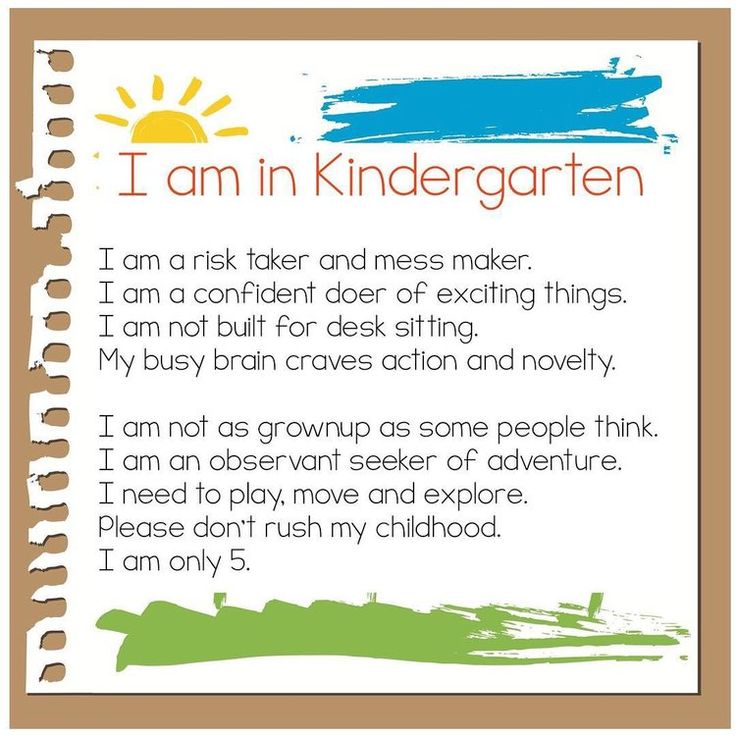 Now, alas, morals have become so coarse that such incidents are considered in the order of things. Like, how else? Kids always teach each other all sorts of "nonsense" ... Although this is not a fact at all! Previously, many children were "enlightened" in terms of obscene swearing much later. For example, having gone to kindergarten from the age of three, I recognized them only at the end of the third grade (that is, at the age of ten!). As I remember now, it happened at the dacha, and for most of my peers who were present at this, these expressions were also a curiosity. nine0012
Now, alas, morals have become so coarse that such incidents are considered in the order of things. Like, how else? Kids always teach each other all sorts of "nonsense" ... Although this is not a fact at all! Previously, many children were "enlightened" in terms of obscene swearing much later. For example, having gone to kindergarten from the age of three, I recognized them only at the end of the third grade (that is, at the age of ten!). As I remember now, it happened at the dacha, and for most of my peers who were present at this, these expressions were also a curiosity. nine0012
Yes, there are swear words! Communicating with parents and teachers, I now often come across the fact that they are not shocked in the behavior of kindergarteners and much more, from which adults' hair would stand on end before.
“Children still see the wrong thing on TV,” they repeat, finding some strange solace in these, in fact, monstrous words. And they give examples of today's children's games and entertainment that you don't want to quote - they are so obscene.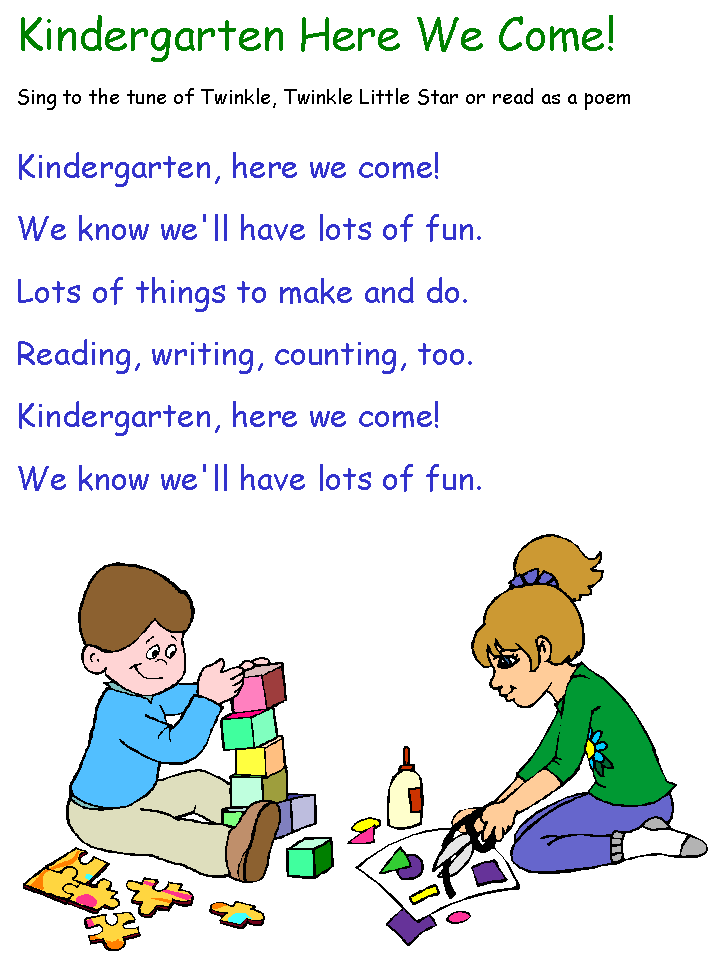 Perhaps the mildest is the "bed episodes" in the traditional children's game "daughter-mother". nine0012
Perhaps the mildest is the "bed episodes" in the traditional children's game "daughter-mother". nine0012
Such an environment is especially dangerous for demonstrative children who, like a sponge, absorb everything bad. Or for weak-willed children who easily fall under the influence of others. And, of course, for kids with some developmental delay and at the same time a craving for risk - they are always drawn to "exploits", and the "brakes" are weak, they are poorly aware of what is happening. In such children, the bad influence of the environment can lead to the early formation of a criminal personality type.
“How do we protect the family from destructive influences? - said, answering the journalist's questions, the father of twelve children, the priest Alexander Ilyashenko. “We never sent our children to kindergarten. At the same time, of course, you lose something, but you gain much more ... In a family of children of tender age, you can save from the corrupt spirit of this world, where the terrible atmosphere in which our people lives is already absorbed with mother's milk.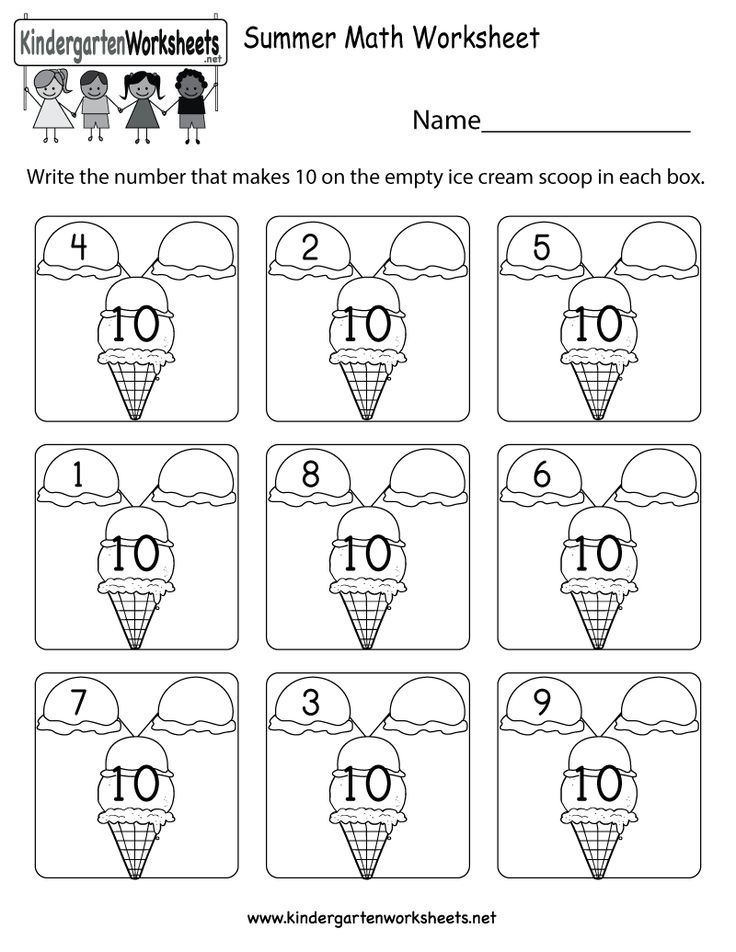 These people, of course, cannot be condemned - they simply do not see anything else, good. But we tried our best to protect our children from the unnatural influence of the environment. They have a good social circle - among their friends are believers. We are one with them, and for them what is dear to us is just as dear, and the same is unacceptable that is unacceptable for us ”(Royal Crowns, Crowns of the Cross. Family in the Modern World. M., Danilovsky Blagovestnik. 2000). nine0012
These people, of course, cannot be condemned - they simply do not see anything else, good. But we tried our best to protect our children from the unnatural influence of the environment. They have a good social circle - among their friends are believers. We are one with them, and for them what is dear to us is just as dear, and the same is unacceptable that is unacceptable for us ”(Royal Crowns, Crowns of the Cross. Family in the Modern World. M., Danilovsky Blagovestnik. 2000). nine0012
Gradually, more and more people begin to understand this. On the one hand, many Orthodox families prefer to do without kindergartens. On the other hand, Orthodox kindergartens are slowly springing up. In some places, parishioners unite, create home mini-groups and work together to raise children. And some agree to send the children to an ordinary kindergarten, but in one group, so that they form their own core there, which will no longer be particularly afraid of alien influences. nine0012
A couple of years ago, several guys from such a “state within a state” went to our psychological puppet theater, and a characteristic scene took place in the classroom.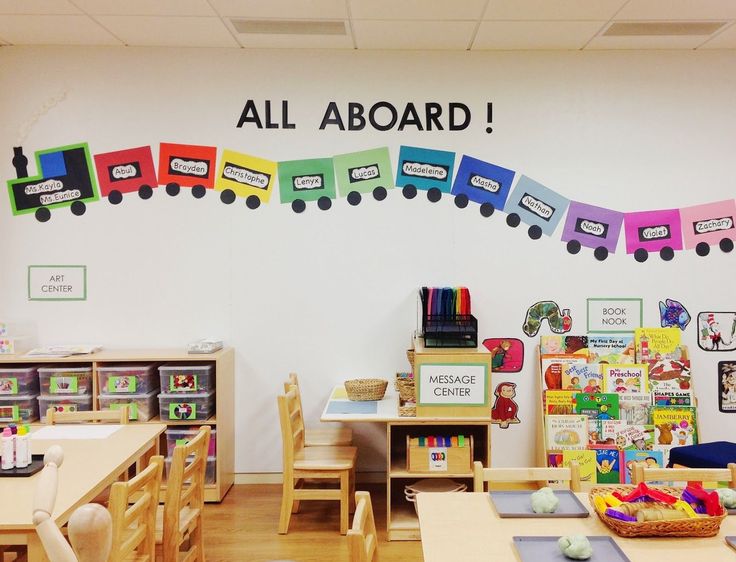 During the break, I had a conversation with my parents about the dangers of aggressive cartoons and other “achievements” of Western mass culture. Parents of unchurched children (who made up half of the group) began to vied with each other to complain that they could not keep their children from being carried away by all sorts of "Pokemon", because the children imitated their peers and did not want to listen to anything. The children were still nothing at all, six years old, but the impression of complete doom, a vicious circle was created. It was unbearable to listen to it. nine0012
During the break, I had a conversation with my parents about the dangers of aggressive cartoons and other “achievements” of Western mass culture. Parents of unchurched children (who made up half of the group) began to vied with each other to complain that they could not keep their children from being carried away by all sorts of "Pokemon", because the children imitated their peers and did not want to listen to anything. The children were still nothing at all, six years old, but the impression of complete doom, a vicious circle was created. It was unbearable to listen to it. nine0012
Then I turned with a question to the Orthodox half:
- Tell me, do you have similar problems? Your children are also attending kindergarten.
“No,” these mothers answered in unison. “To be honest, we didn’t even suspect that this issue could be so acute. True, we also have guys in the garden who are fond of "Pokemon", but we explained to our children that this is bad. And since they have enough communication with each other, they play their games and the "Pokemon infection" does not stick to them.